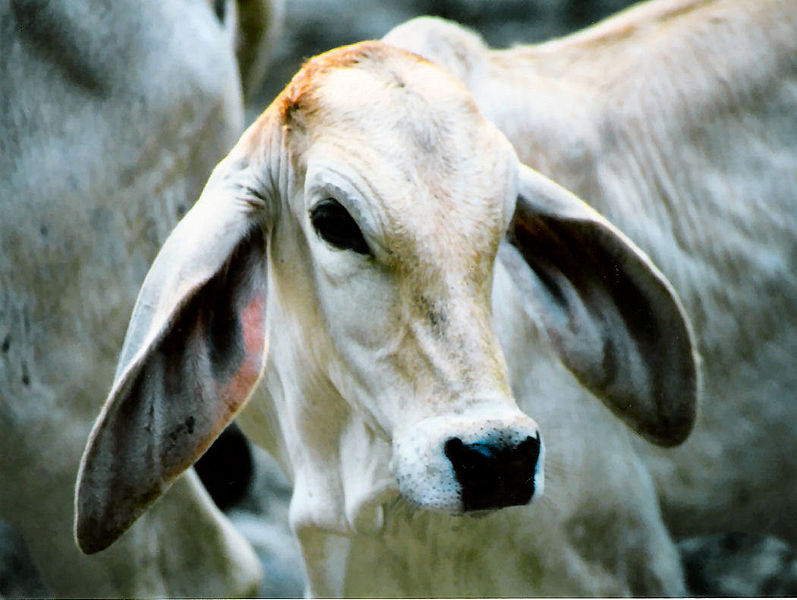Researchers in America this week have dramatically enlarged the catalogue of known genes which allow an organism to break down plants. This new information could be very useful in producing biofuel from plant matter.
 Matthias Hess and colleagues found their new biomass-breaking genes and genomes swimming around in the rumen of a cow. The rumen is a fascinating part of the cow's digestive system in which lots of bacteria, yeasts and fungi live. These microbes break down all the grass and leaves that the cow munches through - so as you can imagine, a probiotic yoghurt means nothing to the host animals.
Matthias Hess and colleagues found their new biomass-breaking genes and genomes swimming around in the rumen of a cow. The rumen is a fascinating part of the cow's digestive system in which lots of bacteria, yeasts and fungi live. These microbes break down all the grass and leaves that the cow munches through - so as you can imagine, a probiotic yoghurt means nothing to the host animals.
Publishing in Science, Hess and his team were able to sequence a quarter of a terabase (which is an enormous amount - a trillion bases) of genomic information from many different microbes involved in digestion. They were also able to identify the very genes which were involved in plant degradation and the proteins which are thought to do the work.
Just in terms of the data generated, it's quite a step forward in sequencing large communities of different microbes. And the team have managed to demonstrate that it's possible to construct genomes of new, previously unknown organisms from the same mass of data. But the authors hope that this work will ultimately help other researchers in developing more efficient ways of producing biofuels.










Comments
Add a comment